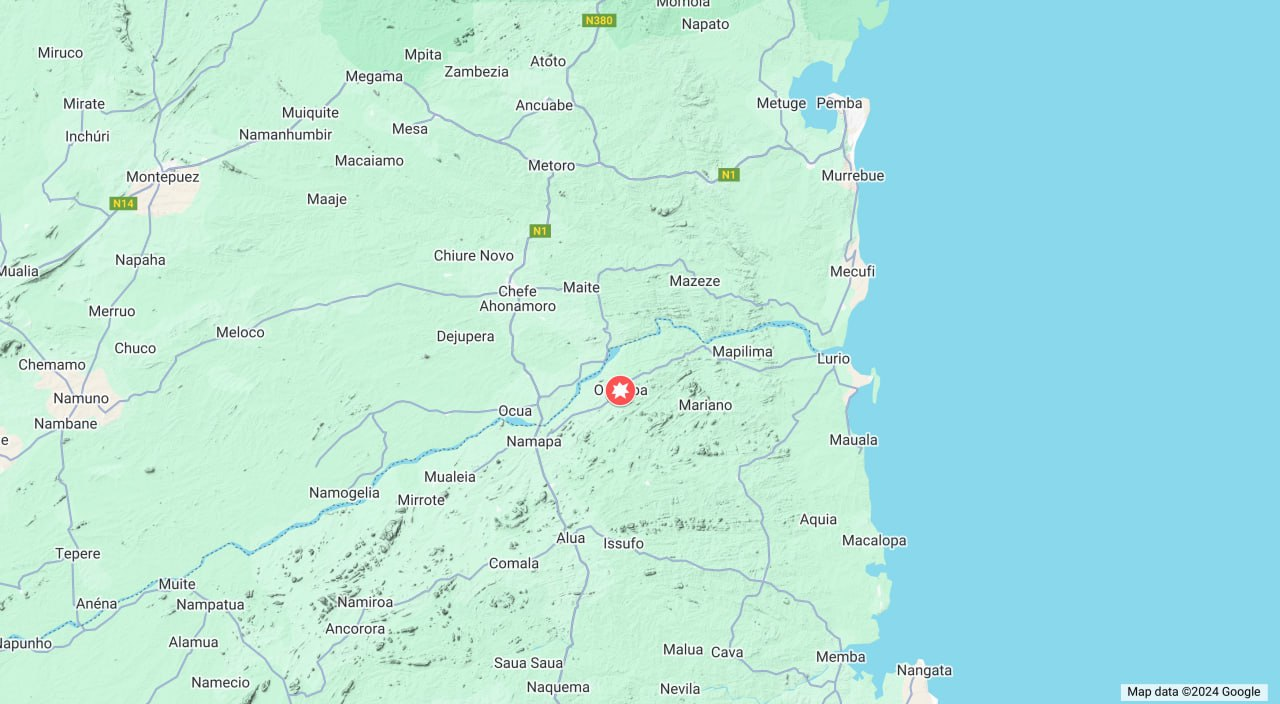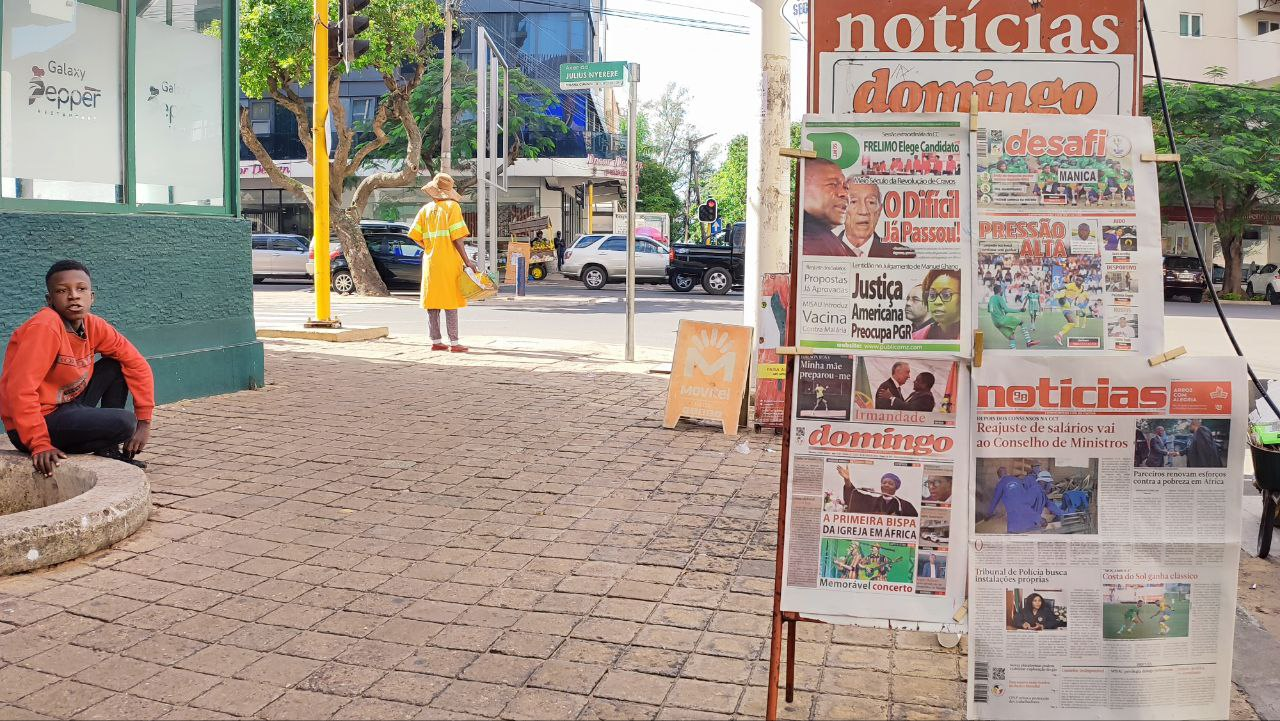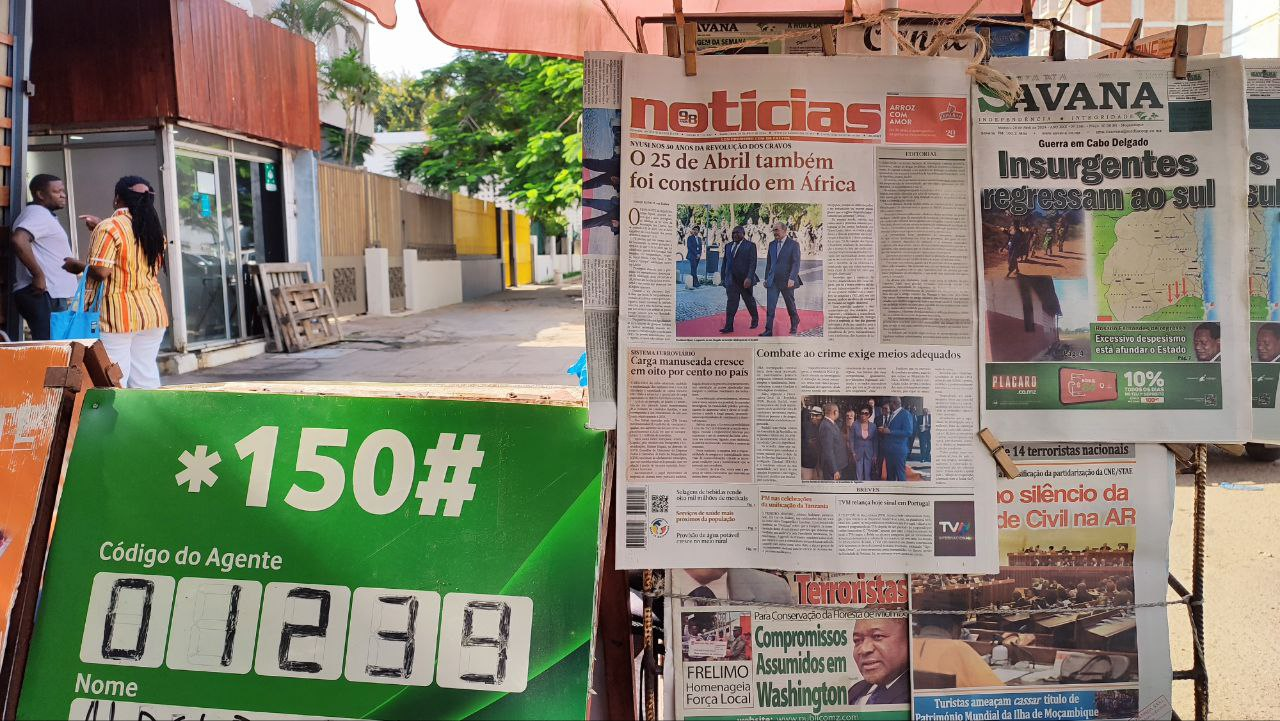Mining firm Regius Resources Group has switched its plans for buying a coal deposit as it seeks to develop its coal-to-liquids project in Mozambique, Regius’ executive chairman and majority owner Cobus van Wyk told Zitamar News.
In 2021 Regius, a British-registered unlisted company, had been in talks to buy a coal mining concession from the National Institute of Mines (Inami); however it has now shelved those plans in favour of acquiring another coal deposit. The identity of the deposit is being kept confidential pending sales negotiations.
“For us, it’s a perfect storm,” van Wyk said of the coal-to-liquids project. “You’ve got landlocked coal, water close by, and you’ve got a market for your diesel”.
The project, which will require an estimated capital expenditure of $2.2bn, will have the capacity to produce 10,000 barrels of fuel a day, of which around 8,000 will be diesel and the rest naphtha. The diesel is intended for domestic sale, where it is expected to be sold for around $350 a tonne (about $49 a barrel), compared to imported diesel costing $900-910 a tonne. “The country will save paying out a lot of forex [foreign exchange] for diesel,” van Wyk commented. Some of the diesel could be exported to Malawi and Zambia, he added. As well as diesel and naphtha, the project will generate 33MW of electricity, using carbon monoxide and hydrogen, and produce 400,000 tonnes a year of urea fertiliser, which Regius plans to sell to Malawi, Zambia and Zimbabwe.
New coal
Terms to take over the coal deposit had been agreed, he said, and the only remaining step was for the Chinese banks due to finance the project, China Exim Bank and China Development Bank, to finalise and approve the financial documentation. The latter’s participation is contingent on the use of a Chinese construction contractor.
The deposit’s acquisition should be closed by January or February next year, he went on. South African bank Industrial Development Corporation was also interested in lending, van Wyk said, although he thought that the project could be financed by the Chinese alone.
The buying and selling of mining concessions and licences in Mozambique has been known to get bogged down in disputes with the government over capital gains tax, as happened most recently for Tirupati Graphite, which finally closed the acquisition of two graphite mining licences in April this year after waiting nearly two years. However, van Wyk insisted that there would be no delay in obtaining government approval, since the government was supportive of the project.
Once the concession has been acquired, Regius — which is developing the project through its subsidiary Regius Synfuels — expects to go ahead with commissioning a detailed feasibility study, which will refine the cost estimate. Procurement is to follow, and is expected to take 24-36 months. Construction would take 5-6 years, van Wyk said. The project’s previous contractors remain in place: Bechtel is construction manager and China Tianchen Engineering Corporation is to be one of the construction contractors, with South Africa’s Holland & Hausberger supplying the technology.
Carbon capture not required
Van Wyk said that previous plans to raise debt financing from US Exim Bank had been abandoned as the bank was opposed to financing a coal-based project. The project would generate carbon dioxide but would not release coal particulates, he said, adding that the coal slag left over would be used in road building.
The plant could incorporate carbon capture and storage if the government asked for it, he said, but they had not mentioned it up to now in talks. “I don’t know what the government’s view is of that,” he said. “They’ve approved the project without any requirements [like carbon capture]... I think the current minister [of land and the environment]’s view is that Africa is not a big polluter,” he went on. The cost of carbon capture had been built into the project’s financial model, van Wyk explained.









